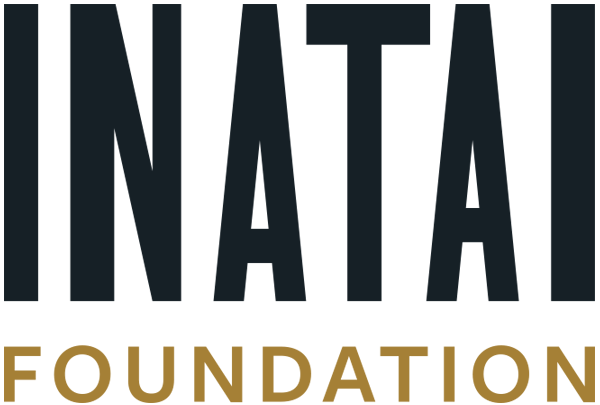Resources | Reports
Powerful Communities
Downloads
Report PDF:
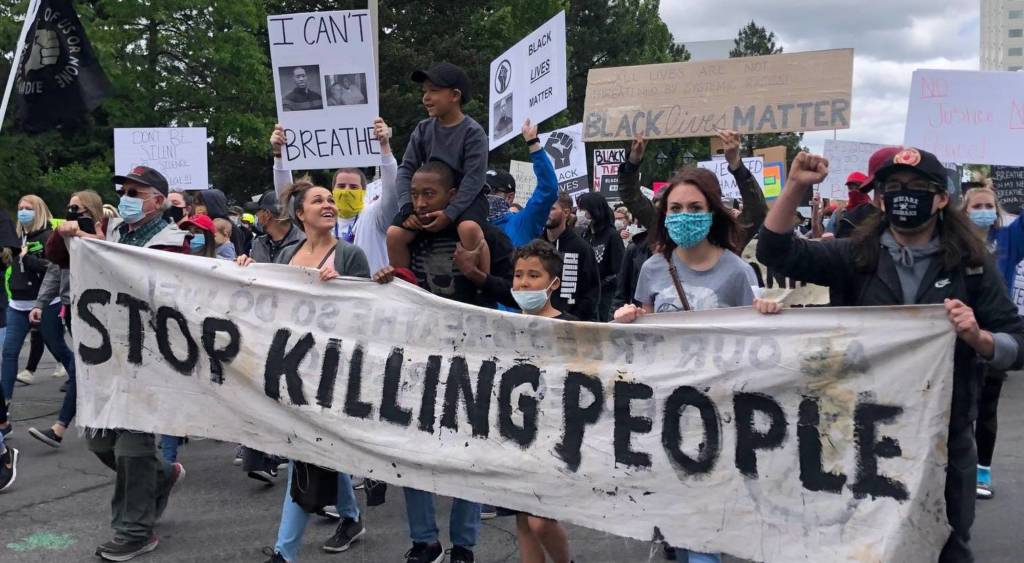
Photo courtesy of Sandra Williams/The Black Lens.
Communities know best
Racial justice requires community power. Community power means that Black, Indigenous, and other people of color, people with disabilities, immigrants and refugees, the LGBTQ+ community, people living on low incomes—and especially those who hold several of these identities—are the ones leading the systems change necessary to transform our society. We are grateful to continue to learn from leaders and organizations who are contesting and shifting power to create an inclusive democracy for liberation.
As a newer foundation, we are solidifying a tradition of reflection, and this report, Powerful Communities: What we learned in our first year of grantmaking, is one way we are practicing this.
Four Themes
Through our conversations and deepening relationships with organizations across the state, four themes emerged:
Ending anti-Black racism and state-sanctioned violence.
Black communities have long been demanding an end to anti-Black racism and police sanctioned violence that is rooted in this country’s history and policies. Black-led organizations and Black leaders in Washington are at the forefront of reimagining systems and advocating for policies that center and value Black life.
“For us, abolition is not just about the tearing down, it’s about the building up.” –Jackie Vaughn, Surge Reproductive Justice
Caring and leading during a pandemic.
The impacts of the COVID-19 pandemic have laid bare a reality that Black, Indigenous, and other people of color (BIPOC) have known and experienced daily: Institutional racism is killing our communities. Across the state, community organizations are serving as essential centers of racial justice and COVID-related advocacy, while developing networks of mutual aid to support community members.
“We will continue to fight this virus and protect our community and do our part to stop this pandemic.” –Joseph Pakootas, Lake Roosevelt Community Health Centers
Building collective wealth.
Organizations point to the many structural and racist drivers that have led to the withdrawal of wealth from BIPOC communities. Racial justice requires government and philanthropy to recognize our moral responsibility to return wealth to BIPOC communities. Communities are organizing to build political power, change the material condition of people’s lives, and strengthen community self-determination.
“When we talk about community health, when we talk about community wealth, when we are talking about issues of ownership, all these things are interconnected.” –Inye Wokoma, Wa Na Wari
Reclaiming what systems change means.
An inclusive democracy calls for decision makers to not only reflect the community, but to be the community. We’ve learned from organizations throughout Washington that building long-term change requires healing and culture. Political advocacy must be rooted in local experiences and local relationships. Supporting existing community leadership over time and multiple strategies are vital to movement building.
“Through our learning, we decided we need to take a broader look at systems and engage the community more than systems, to look for solutions.” –Beverly Lee, Mariposa House
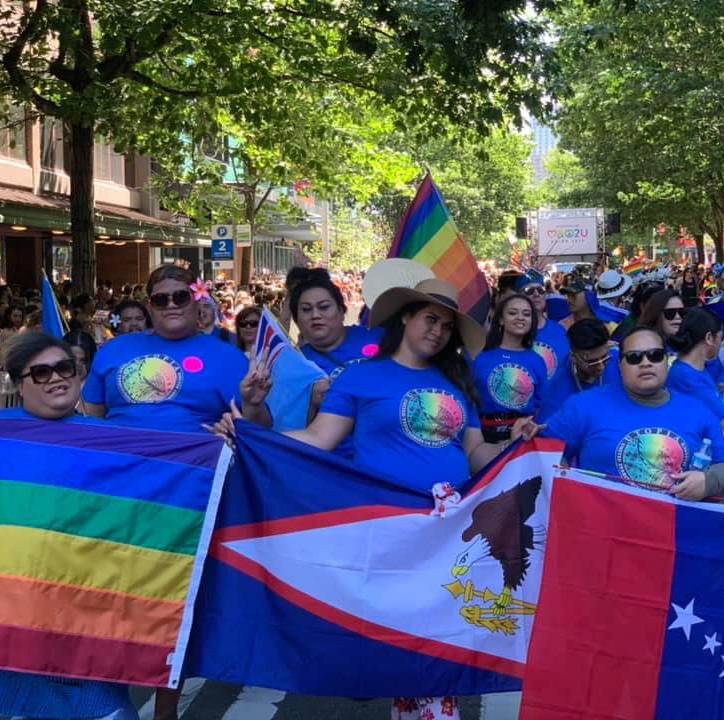
Photo courtesy of Mel Ponder/UTOPIA WA.
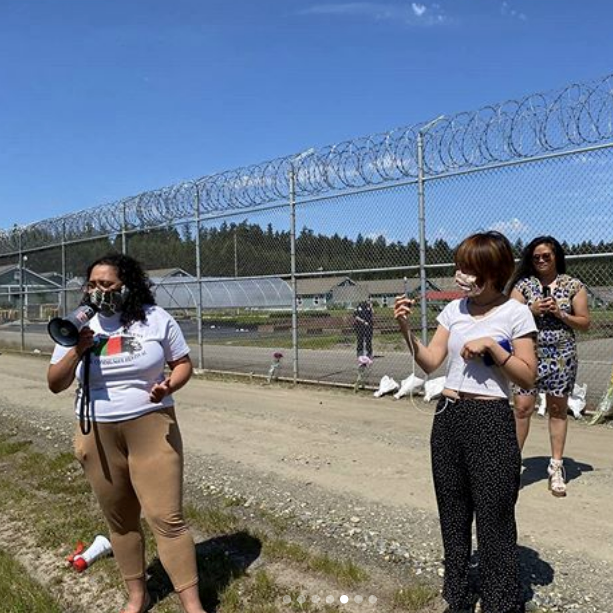
Photo courtesy of Surge Reproductive Justice.
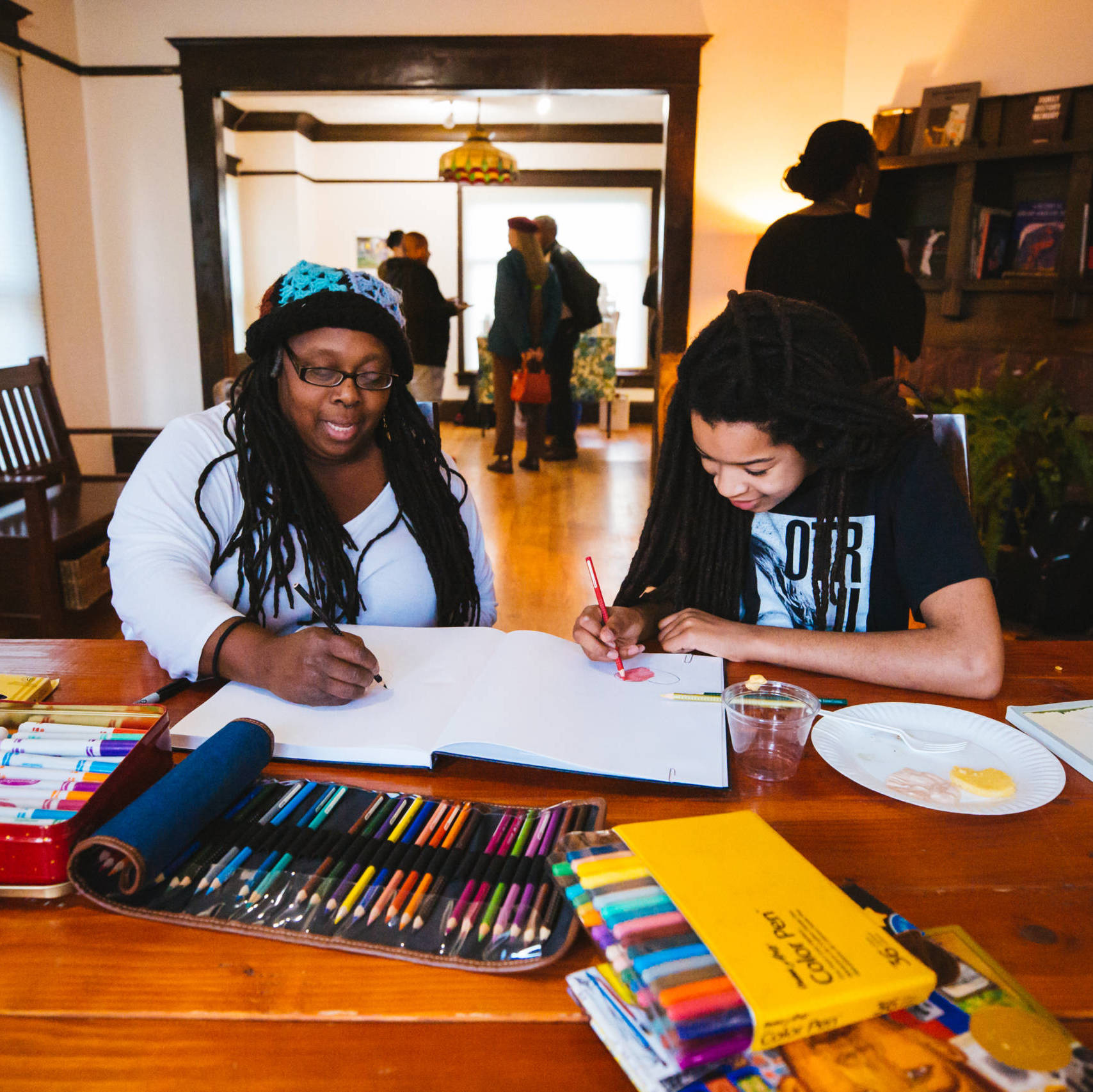
Photo courtesy of Wa Na Wari.
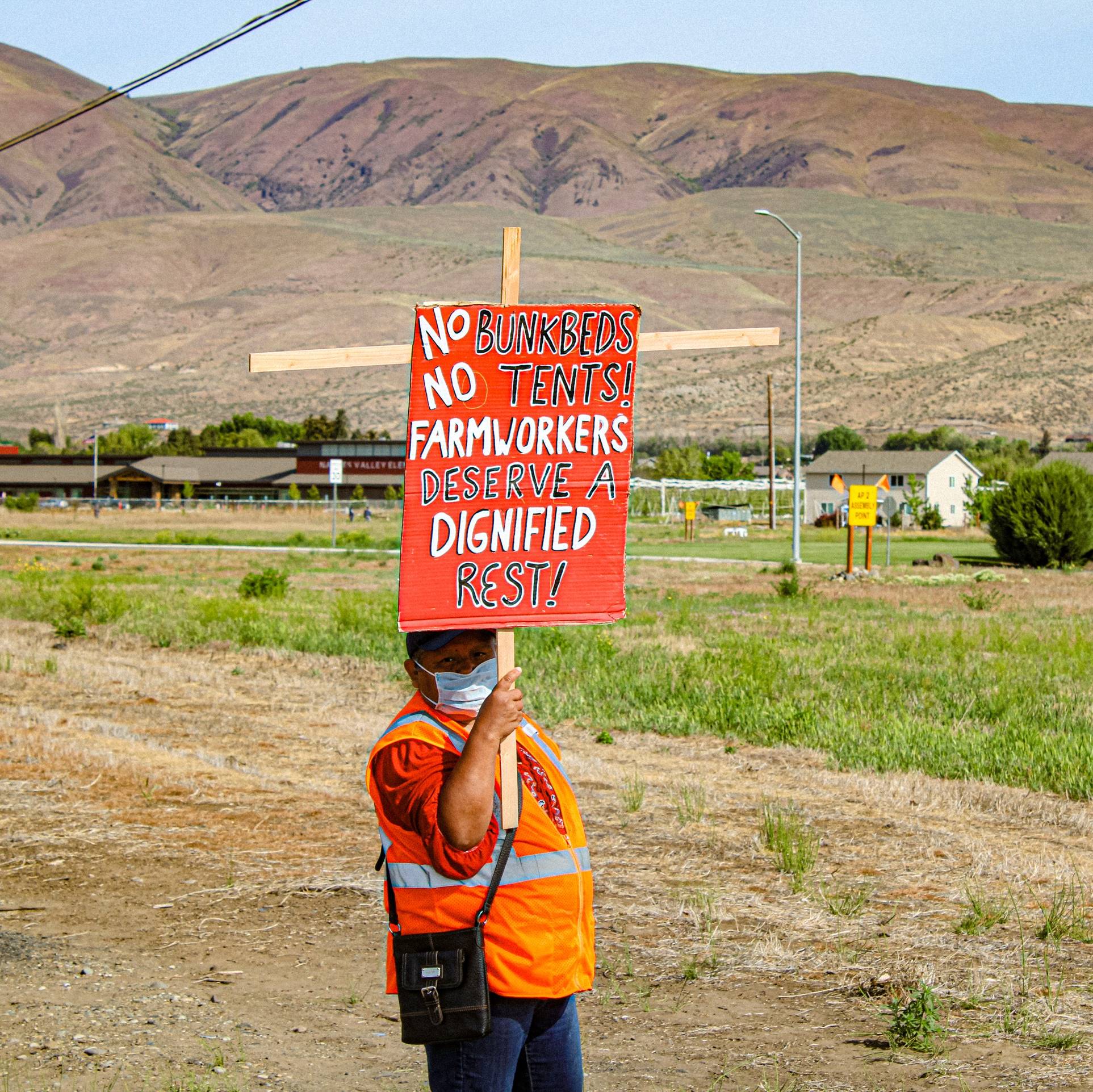
Photo courtesy of Community to Community Development.
Learnings for Funders
We also share funding lessons that organizations have taught us, which we are striving to heed ourselves to remain true to our values and center the leadership of those most impacted by inequities.
- Provide multiyear, unrestricted general operating dollars. We heard early on, and continue to hear, even three years isn’t enough to truly invest in the long-term ability of organizations
- Continue funding for Black-led organizing. The need for racial justice organizing won’t go away, but funding will if our sector’s commitment wavers with the news cycle
- Understand BIPOC communities are not monolithic. Holding multiple identities could mean compounding oppressions. Our overall understanding must extend beyond race alone and include other identities.
- Pay attention to and be proactive in supporting an equitable recovery. Organizations want to avoid being in a constant mode of crisis, and are asking instead for multiyear, sustainable funding, not just grants to fight “small fires.”
- Recognize how organizations are addressing civil rights through legal strategies. Groups want to do more to address civil rights violations, but lack resources to bring a lawsuit or engage legal professionals.
- Continue to learn the language and landscape of all of Washington. We have been called to understand “statewide,” as it applies to grantees, may include statewide organizations and a diverse group of organizations working in localities throughout Washington who collectively represent a meaningful perspective on policies, systems, and priorities.
- Know the dialects of Washington. Some of the language our sector uses—like “systems change,” “public policy advocacy,” and even “racial justice”—do not have common meaning among communities. We cannot be the best supporters unless we have a shared understanding of what we are communicating.
- Prioritize understanding intersecting identities. Our practice to be equitable by geography demands we seek out learning, relationships, and grantees of various lived identities throughout the state.
